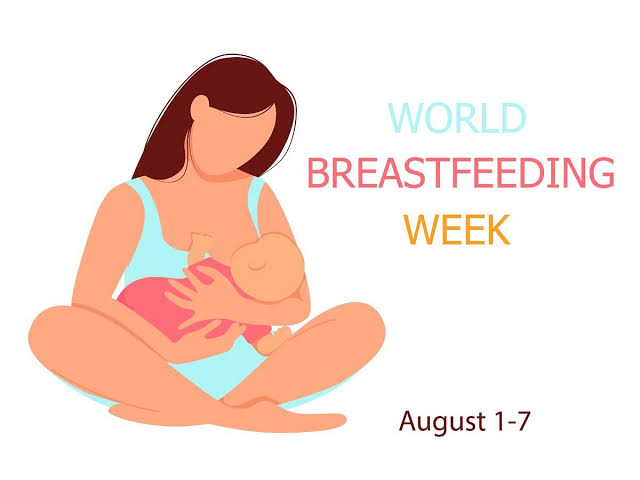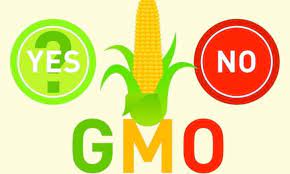World Breastfeeding Week 2024

“Breastfeeding is a natural safety net against the worst effects of poverty”
James P. Grant, Former UNICEF Executive Director
Against the backdrop of exhausted mums, massive marketing of formulas and rising health issues with formula-fed infants, the Innocenti Declaration was made in 1990 by representatives across the world in a meeting chaired by Professor Olikoye Ransome-Kuti. This declaration became the basis of World Breastfeeding Week which was instituted two years later. Celebrated every year in the first week of August, World Breastfeeding Week aims to increase awareness about the importance of breastfeeding, while highlighting the issues that have made breastfeeding inaccessible for many infants and mothers.
The theme for 2024—Closing the gap: Breastfeeding support for all—celebrates the diversity of breastfeeding mothers and their journeys while showcasing the ways that families, communities and health workers can support every breastfeeding mum. The campaign, chiefly led by UNICEF, the WHO and the World Alliance for Breastfeeding Action (WABA) emphasises the need to improve breastfeeding support to reducing health inequities and protect the rights of mothers and babies to survive and thrive.
Research has consistently shown the superiority of breast milk over other forms of infant nutrition. Beyond having a stronger immunity than their peers, breastfed children also perform better on intelligence tests, are less likely to be overweight or obese, and less prone to diabetes later in life. The nutritional content of breast milk is the ideal combination for tiny humans; a formula that has not been hacked after several years of producing alternatives. Breastmilk contains a variety of anti-inflammatory, immunomodulatory, and antimicrobial substances that positively affect cognition and psychomotor development in children. Women who breastfeed also have a reduced risk of breast and ovarian cancers.
Despite the numerous benefits of breast milk, the percentage of infants that are breastfed is abysmally low. Less than half of infants less than six months of age are exclusively breastfed. The percentage of breastfed babies is higher in low and middle-income countries compared to advanced countries. This is not surprising; breastfeeding is after all “free”.However, they still do not meet the target set by WHO; a minimum of fifty percent. Optimal breastfeeding is so critical that it could save the lives of over 820,000 children under the age of 5 years every year.
The 2023 World Breastfeeding Week theme revolved around providing support for working mothers. This is a laudable initiative and several countries have adopted policies that do this; increased maternity leave, safe spaces for breastfeeding, amongst others. But the trend that has been observed in different populations is quite puzzling and ironical. While higher income mothers are more likely to breastfeed in first-world countries than poor mums, it is the opposite in low and middle-income countries. These mothers reflect James Grant’s statement; providing their babies with the safety net they do not have money to buy. More importantly, this highlights that the issue with low rates of breastfeeding is not just with working mums. It is necessary to evaluate each mother’s circumstances, rather than painting them all with the same brush.
As World Breastfeeding Week comes to an end today, it is critical for all stakeholders to identify the diverse struggles that mothers from different backgrounds face as regards breastfeeding, and proffer unique solutions to overcome them. Communities and health workers, being in close contact with mums need to communicate with them and provide the support needed to ensure successful breastfeeding. Together, we can close the breastfeeding gap.
Goodness Abisoye



